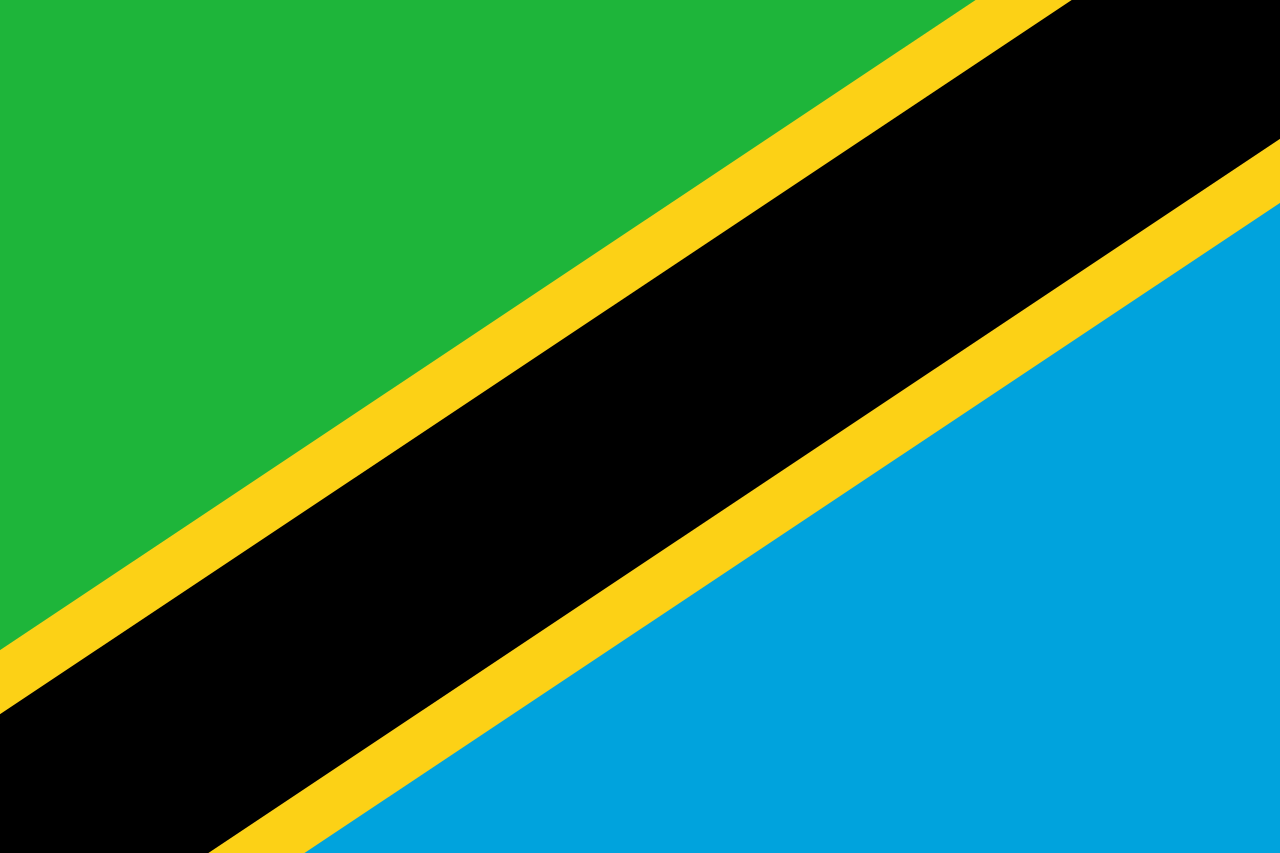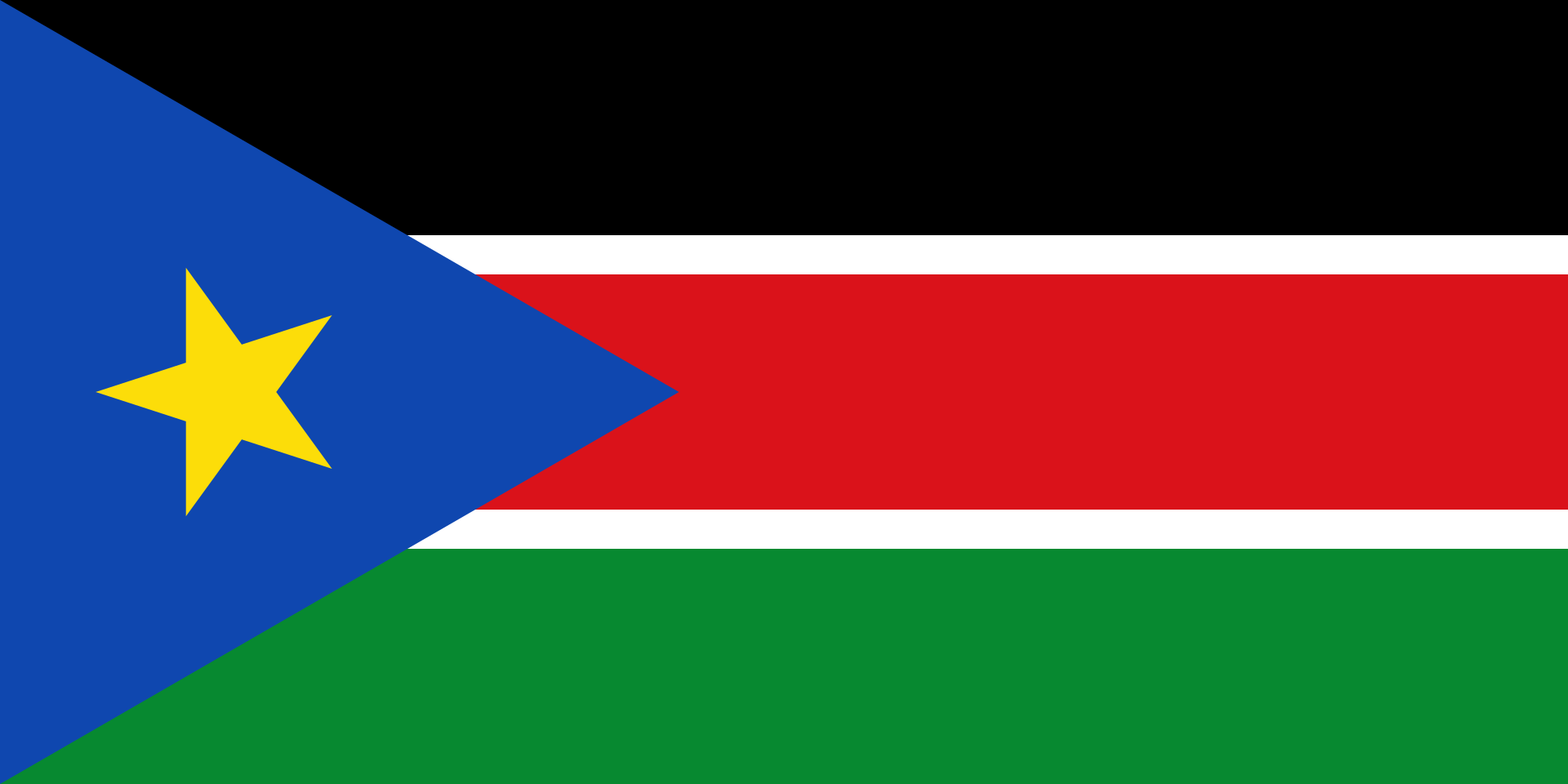Fistula survivors in Tanzania who faced social discrimination have a glimmer of hope thanks to improved care for childbirth defects and widespread awareness campaigns that have helped dispel myths about the disease.
“I was a laughing stock in my community, I could hardly talk to my neighbor but I am glad after a successful operational, live a normal life.” said 21-year-old Esther Mwaibale, a resident of Kigoma, who suffered obstetric fistula after giving birth.
Obstetric fistula is caused by prolonged and complicated labor without timely medical intervention. Doctors said it often affects young girls, whose bodies are not yet fully developed.
Affected women are unable to control their flow of urine, feces, and blood. If not treated, patients may not give birth to another healthy baby.
Women with obstetric fistula are often abandoned by their husbands, rejected by their communities, and forced to live in solitude and shame.
But since the government launched a National Fistula Program two decades ago, it has helped raise awareness about prevention and treatment among thousands of women across the country, according to health authorities.
The campaign also marks May 23 International Day to End Obstetric Fistula.
Problem under control, free treatment
Minister for Health Community Development, Gender, Elderly and Children, Ummy Mwalimu, said the fistula problem which has for long been affecting poor women who often fail to get the right treatment is under control.
“The government is determined to provide the best care to women and girls to overcome this problem that often leaves sufferers in social isolation and shame,” Mwalimu told Anadolu Agency.
She said fistula can be prevented with proper maternal care, access to medical facilities, and trained practitioners with a 90% success rate.
“We are pleased to see more women with fistula are coming forward to be treated and the society is more enlightened,” said Mwalimu.
She said hospitals nationwide have been instructed to routinely run special clinics to raise communities’ awareness about the dangers of fistula.
According to the UN Population Fund, there are almost 3,000 cases of obstetric fistula in Tanzania annually.
Officials recognize that living in rural areas can be deadly for pregnant women and very young children due to the shortage of doctors and the distance to a health facility.
To relieve survivors, the government has instructed public hospitals to give free treatment to fistula patients seeking treatment.
While health services for pregnant women are free in Tanzania, observers said poor women in rural areas are still facing hurdles to access treatment due to logistical problems.
Significant strides
While the country has made significant progress toward improving health services, major infrastructural challenges remain, including getting health workers to rural areas, which have just 9% of the country’s doctors and 28% of its workforce, according to the Service Delivery Indicators 2016 report commissioned by the World Bank.
Tanzania’s maternal mortality rate is very high at 432 deaths per 100,000 live births, according to the report.
Resting on her bed, Kalunde Michael recalls the suffering she endured two months ago when she had to give birth on a cold-tiled floor outside the Njombe district hospital.
“I don’t want to remember that day. The water had broken the moment I arrived at the hospital,” she told Anadolu Agency.
The 35-year-old farmer from the village of Lunyanywi in the southern highlands suffered childbirth-related complications that not only caused an obstetric fistula, but she also lost her child hours after giving birth.
“I was leaking urine. I hardly felt the urge to relieve myself,” she said. “I often find myself smeared with feces, it was very embarrassing.”
Michael blames her problems on lack of transport and the distance to the hospital. “My baby would probably have survived if I had received urgent medical attention,” she said.
Michael, who has recovered from a successful reconstruction operation in Njombe, is one of many rural women who suffer due to a lack of specialized treatment.
While giving birth to her fifth child, Jodet Kulwa who lives on Ukerewe Island in Lake Victoria, suffered 24 hours of obstructed labor.
Because her home is far from the nearest health clinic, she struggled until she could get to a district hospital in Nansio.
By the time she was taken to the cesarean section, her baby was no longer alive. But it was not the end of her troubles.
Fortunately, Kulwa’s story took a positive turn as she learned about an obstetric fistula repair project at the Bugando Referral hospital in the northern Mwanza and received the care she needed to recover.
“I thank God I am alive today. To me, it feels like a miracle,” she said. - Kizito Makoye, Anadolu Agency








